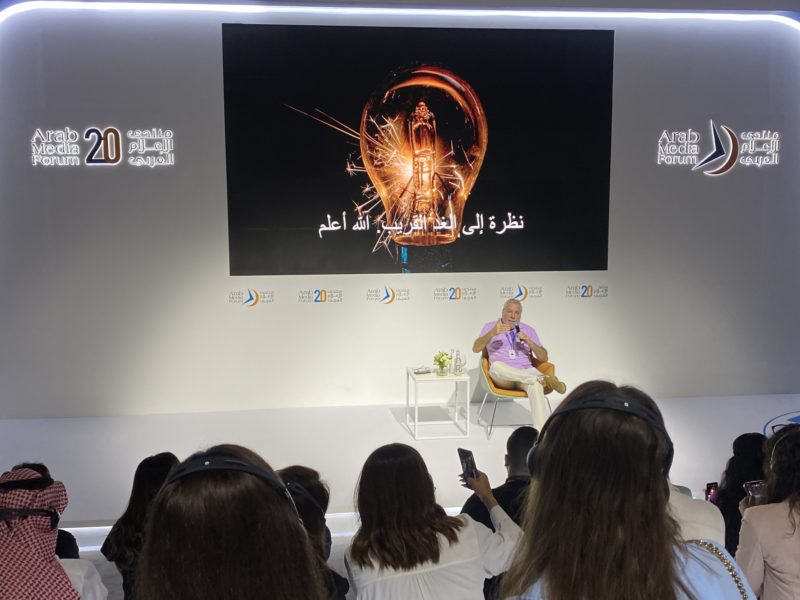Saudi: Progress According to Our Own Pace

New laws and reforms have been introduced in Saudi Arabia under the leadership of King Salman bin Abdulaziz Al Saud and his Crown Prince Mohammed bin Salman, much to the surprise of Saudis and Westerners alike. It is currently undergoing some major changes.
Unlike other GCC countries, Saudi Arabia has a population of 32 million of which only 20% are foreigners. Saudis make up the majority of the country’s population, and so the laws and norms of the country cater to local traditions and customs and not to foreign culture and desire. In recent years, the percentage of expatriates in Saudi Arabia has dropped, and Saudi youth from all walks of life are dominating the workforce. Therefore, now more than ever, the reforms of the country are catering to the needs of the people.
Saudis, especially women, have been advocating and seeking reforms when it comes to their rights and freedoms. The Kingdom has introduced reforms in the past year that have long been anticipated by most. On September 26th, 2017, King Salman made the first step in what will become a series of reforms. The ban on women’s driving in the Kingdom had been lifted. Saudi Arabian women, for the first time ever, were legally permitted to drive. As part of their extensive conservative laws and policies regarding women’s rights, women were not permitted to drive prior to the announcement of the new law.
A series of additional reforms took place. Cinema theaters are set to open for the first time in decades, Saudi women are allowed to attend sports events and games in stadiums for the first time, and both genders are allowed to attend events and cultural programs set up by the newly-created General Entertainment Authority.
Many Western countries and media outlets had been critical of Saudi Arabia’s laws. However, the first of these reforms (with hopefully many more to come) was not made as a response to the West’s criticism. These reforms and new freedoms were put in place as a response to Saudi demand. “I’m so optimistic about the new changes in Saudi Arabia,” said Sarah Bin Juma, a Saudi that used to live abroad. “It makes me feel like I can finally be able to live in my country and actually enjoy it.”
What was once taboo is slowly becoming normalized as part of Saudi Arabia’s Crown Prince Mohammed bin Salman’s 2030 Vision, which aims to diversify Saudi economy and develop recreational opportunities, namely a few of its goals. “I’m an avid supporter of the 2030 Vision,” said Abdulrahman Jamjoom, a Saudi citizen. “Mohammed bin Salman is young, passionate and is working hard to address Saudi’s societal and economical issues.”
Every country has its shortcomings, and Saudi Arabia is no different. However, for the first time in a long time, the country is identifying some of these shortcomings and addressing a number of its issues head-on. “Today we are making progress. According to our own needs, according to our own pace, and not as a response to any other model,” said Mohammed bin Salman in a 2016 interview with The Economist. That’s exactly what the world needs to know about Saudi Arabia – it’s making progress according to its citizens needs, and not according to what the rest of the world thinks.
Photo by: Reem Krimly


